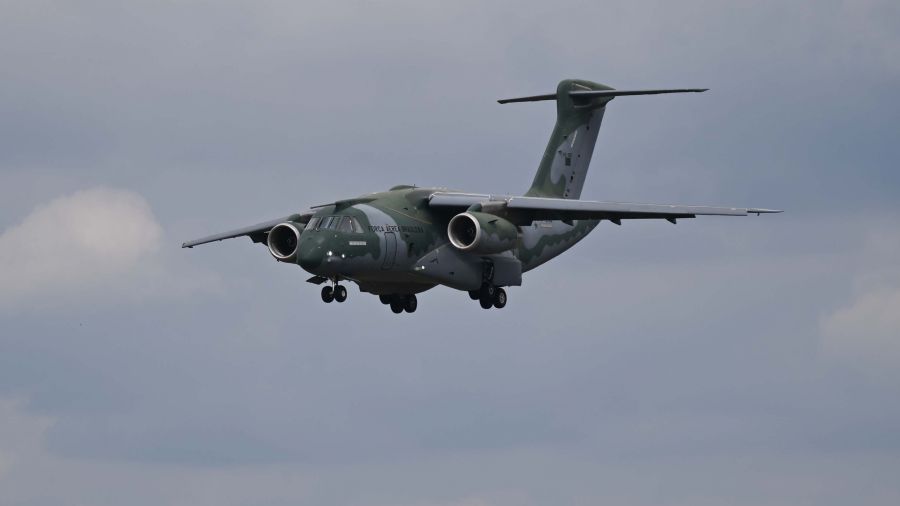On a quiet Saturday, a normal flight suddenly caused serious concern in the skies over Europe. A Boeing 737, traveling from the Greek island of Crete to Billund in Denmark, crossed into Czech airspace without speaking to air traffic controllers.
Sudden Radio Silence Triggers Alarm
Normally, all airplanes are expected to keep in constant contact with air traffic control (ATC), the team responsible for guiding and monitoring flights. But this plane was silent.
The situation quickly became serious. As the aircraft entered Czech skies, both civil and military controllers tried to contact it. Despite their efforts, no reply came. Because of this, a state of high alert was declared. In modern air travel, losing communication like this is rare, and it can mean many things—technical failure or even a possible hijacking. So, the authorities did not take any chances.
The Czech Republic used its NATO defense system to handle the crisis. This system is in place across many European countries to protect the skies. When the Boeing 737 could not be reached, NATO’s air defense team activated an emergency alert. In response, the Czech Air Force sent JAS 39 Gripen fighter jets into the sky.
JAS-39 Gripen Rejected? U.S. May Force Canada Into F-35 Deal with No Way Out
Fighter Jets Intercept the Aircraft
These jets took off from Čáslav Air Base, which is located in the central part of the country. Their job was to find the unresponsive plane, make contact, and ensure it was not a threat.
When the fighter jets reached the Boeing 737, they flew alongside it. This is called an “interception.” It’s done carefully and in a way that does not scare passengers or cause danger.
Once the fighter pilots were close, they used special radio equipment to contact the airplane’s crew. This time, the contact was successful. The fighter pilots instructed the crew to fix their radio settings and communicate again with civil air traffic control.
The Gripen jets stayed with the Boeing 737 until it safely crossed into German airspace. After confirming everything was back to normal, the jets returned to base. The Boeing 737’s occupants probably had no idea what was going on outside their windows as they went on to Denmark.
Sweden Deploys Powerful JAS-39 Gripen Fighters to Shield NATO Borders Amid Rising Russian Threats
Investigation Into Communication Breakdown
After the incident, Czech aviation authorities began looking into what went wrong. A business that flew between Denmark and Chania Airport in Crete was operating the aircraft. According to reports, the plane had stopped communicating with controllers as early as Serbia. When it flew over Hungary, no connection was made either. It moved too fast and too close to Czech airspace for contact to be reestablished in time.
Officials believe the likely reason for the communication problem was a simple one—a wrong radio frequency. In air travel, pilots must change radio channels as they fly over different regions. Entering the wrong frequency renders the aircraft unreachable.
Such incidents, while serious, are not completely unheard of. According to authorities, this kind of radio failure happens two to three times a year. However, each time it does, emergency procedures are followed strictly to protect everyone in the air and on the ground.
China’s Veiled Warning to US; WZ-9 Drone Could Detect F-35 and B-21
Interestingly, the event happened at a time when the Czech military is considering whether to keep using the Swedish-made Gripen fighter jets beyond 2027. These jets have served as the backbone of Czech air defense for years. With plans in place to bring in new American-made F-35 jets in the 2030s, the country is looking to extend the Gripen lease so there’s no gap in their defense.
The recent interception shows how important these jets still are. They responded quickly and handled the situation smoothly without putting anyone in danger. Even though it turned out to be a radio mistake, the fast response showed how prepared the system is.
This event was a reminder of how carefully air travel is monitored and protected, even when things go quiet in the skies.

